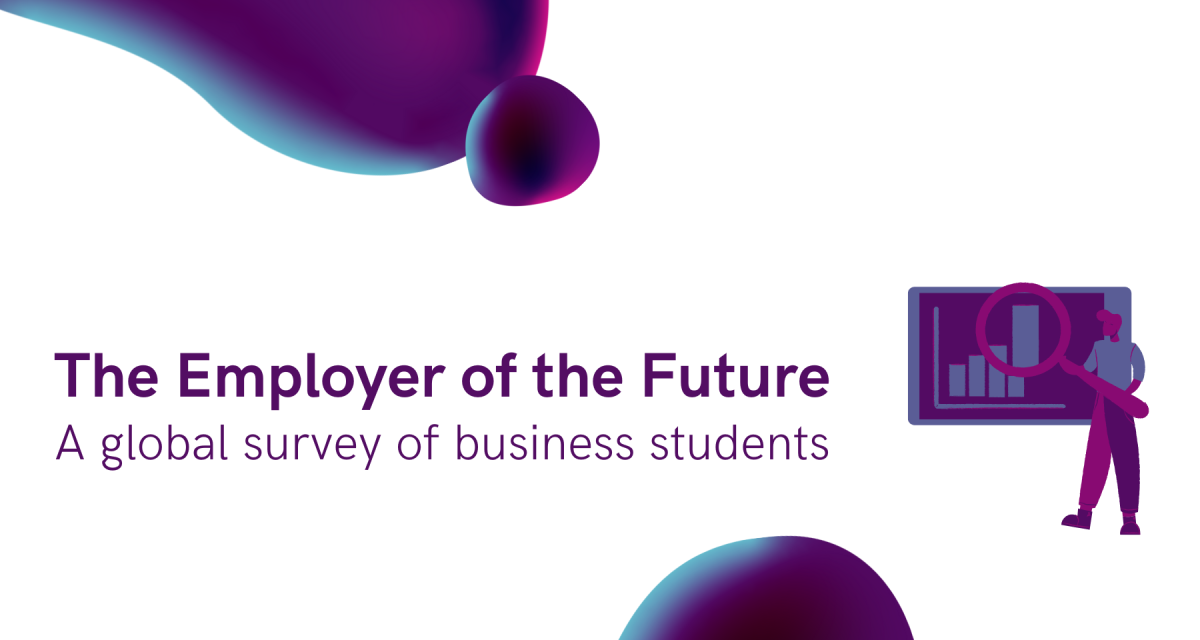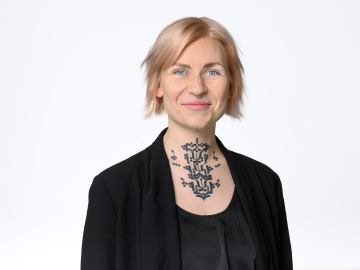New study at ESMT Berlin shows what next generation expects from employers

Download options:
The quantitative survey “Employer of the Future” identifies the most and least relevant job characteristics for students studying at one of the Global Network for Advanced Management (GNAM) business schools, a network of now 32 renowned business schools spanning six continents and founded by Yale School of Management ten years ago. 626 students (40.4 percent women/58.3 percent men) from 72 different countries with an average age of 29 took part in the survey.
When choosing an employer, young people from around the world agree on the five most important factors:
-
Salary: The proposed salary must be equal or great to the industry average.
-
Type of contract: The position should be permanent.
-
Remote work: Employees must be allowed to work remotely.
-
Company reputation: The reputation of the company is also decisive, especially regarding sustainability and social responsibility.
-
Status: The position the employee has within the company.
Results showed significant differences in gender, culture, and professional background. Comparing the relevance of attributes among men and women, men rate traditional attributes such as salary, type of contract, and status higher than women. Women, on the other hand, focus more on new work attributes such as remote work and purpose. Despite a globalized world, culture still influences the expectation employees have of their employer. Respondents from Western countries ranked new-work attributes as more important than respondents from Asian countries.
“With the global pandemic, employees have re-evaluated their employer. Work-life balance, flexibility, and corporate purpose have come into particular focus since then, but monetary acknowledgement and stability are still decisive” says Jan Malte Jeddeloh. “These changes in workforce mindset are highly relevant for employers for attracting and retaining new talent.”
“The results of the study clearly show that companies need to be aware of their own offerings and values if they want to attract new talent and retain existing talent. The differences in the results in terms of gender and origin are also particularly fascinating: companies have to differentiate between target applicants in order to be successful. Such insightful, global insights demonstrate the power of GNAM,” says Jörg Rocholl, president of ESMT and chair of the steering committee of GNAM.
